7F1 Science
Section outline
-
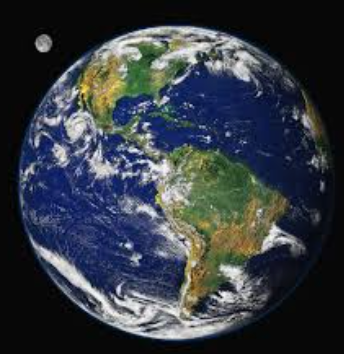
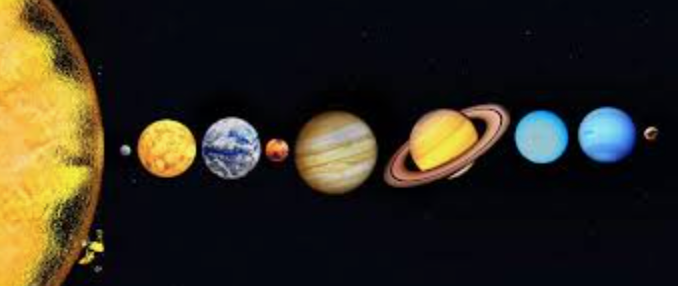
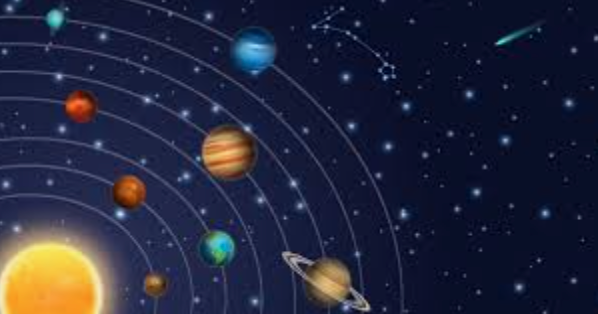
Kia ora 7F1 students. My name is Ms Brandauer (ibrandauer@mhjc.school.nz) and I am your science teacher for the year. I hope you have had a great holiday and are ready to explore science! Below you will find this terms Achievement Objectives and the Learning Intention for the next few weeks. I have also outlined what will happen in each session of the week.
Big Idea: “Tūrangawaewae - Where do we stand?” Māori World View
Achievement Objectives
Nature of science
Investigating in science
-
Build on prior experiences, working together to share and examine their own and others’ knowledge.
-
Ask questions, find evidence, explore simple models, and carry out appropriate investigations to develop simple explanations.
Planet Earth and beyond
Astronomical systems
- Investigate the components of the solar system, developing an appreciation of the distances between them.
Learning Intentions: We are learning to (WALT)...
- know the order of the planets in our solar system
- compare and contrast Earth with another planet in our solar system
- understand the scale of items within the universe
- understand the relative size of the planets within the solar system
- explore the star clusters of Matariki
Success Criteria: I can/have..
- know the name and order of the planets in our solar system
- compare Earth with another planet in our solar system
- describe similarities and differences between Earth and another planet in our solar system
- appreciate the vastness of the solar system
Activities:- Teacher-led activities and discussion to understand the order of the solar system
- Google classroom activities
- Produce an outline of facts and features of the solar system
Vocab:
- orbit
- solar
- planet
- galaxy
- comet
- milky way
- helium
- debris
- hydrogen
- meteor
- asteroid
- terrestrial planets
- jovian planets
Homework:
-
-



Kia ora 7F1 students. My name is Ms Brandauer (ibrandauer@mhjc.school.nz) and I am your science teacher for the year. I hope you have had a great holiday and are ready to explore science! Below you will find this terms Achievement Objectives and the Learning Intention for the next few weeks. I have also outlined what will happen in each session of the week.
Big Idea: “Tūrangawaewae - Where do we stand?” Māori World View
Achievement Objectives
Nature of science
Investigating in science
-
Build on prior experiences, working together to share and examine their own and others’ knowledge.
-
Ask questions, find evidence, explore simple models, and carry out appropriate investigations to develop simple explanations.
Planet Earth and beyond
Astronomical systems
- Investigate the components of the solar system, developing an appreciation of the distances between them.
Learning Intentions: We are learning to (WALT)...
- know the order of the planets in our solar system
- compare and contrast Earth with another planet in our solar system
- understand the scale of items within the universe
- understand the relative size of the planets within the solar system
- explore the star clusters of Matariki
Success Criteria: I can/have..
- know the name and order of the planets in our solar system
- compare Earth with another planet in our solar system
- describe similarities and differences between Earth and another planet in our solar system
- appreciate the vastness of the solar system
Activities:Lesson 1:
- Introduction to Education Perfect
- PPP on the eight planets of the Solar system
- You tube clip on eight planets in the Solar system
- Practise the Solar system song
Lesson 2:
- Google classroom activities
- Produce an outline of facts and features of the solar system
- Bbc bitesize
Lesson 3:
Continue to work on the facts and features of the Solar system worksheet
Vocab:
- orbit
- solar
- planet
- galaxy
- comet
- milky way
- helium
- debris
- hydrogen
- meteor
- asteroid
- terrestrial planets
- jovian planets
Homework:
-
-



Kia ora 7F1 students. My name is Ms Brandauer (ibrandauer@mhjc.school.nz) and I am your science teacher for the year. I hope you have had a great holiday and are ready to explore science! Below you will find this terms Achievement Objectives and the Learning Intention for the next few weeks. I have also outlined what will happen in each session of the week.
Big Idea: “Tūrangawaewae - Where do we stand?” Māori World View
Achievement Objectives
Nature of science
Investigating in science
-
Build on prior experiences, working together to share and examine their own and others’ knowledge.
-
Ask questions, find evidence, explore simple models, and carry out appropriate investigations to develop simple explanations.
Planet Earth and beyond
EXPLORE / TŪHURA learning intentions:
- We are EXPLORING to discover the order of the planets in our solar system
- We are EXPLORING to investigate the physical characteristics of the planets.
- We are EXPLORING to research meteoroids, asteroids, and comets.
- We are EXPLORING to recognise the stars in our solar system
- We are EXPLORING to recognise the different constellations and the star cluster of Matariki in the night sky
Success Criteria: I can/have..
- know the name and order of the planets in our solar system
- compare Earth with another planet in our solar system
- describe similarities and differences between Earth and another planet in our solar system
- appreciate the vastness of the solar system
Activities:Lesson 1:
Discuss Rover landing on Mars with the students
Produce an outline of facts and features of the solar system
Bbc bitesize
Lesson 2:
Lab safety PPP
Make a poster about lab safety.
Lesson 3:
Finish your poster about lab safety.
Vocab:
- orbit
- solar
- planet
- galaxy
- comet
- milky way
- helium
- debris
- hydrogen
- meteor
- asteroid
- terrestrial planets
- jovian planets
Homework:Education Perfect
-
-
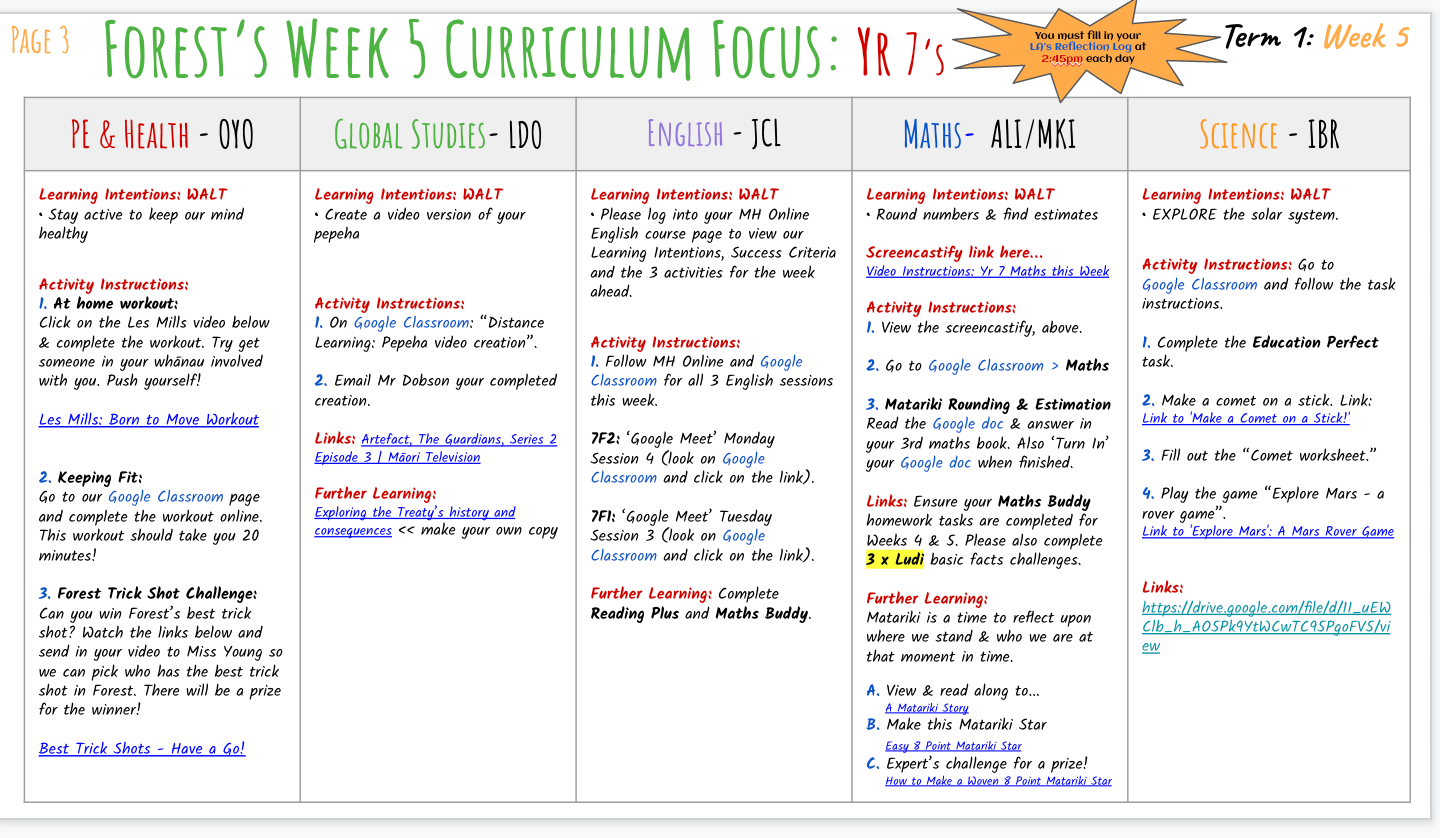
Welcome to online learning
Please go to Google Classroom for your tasks.
-



Kia ora 7F1 students. My name is Ms Brandauer (ibrandauer@mhjc.school.nz) and I am your science teacher for the year. I hope you have had a great holiday and are ready to explore science! Below you will find this terms Achievement Objectives and the Learning Intention for the next few weeks. I have also outlined what will happen in each session of the week.
Big Idea: “Tūrangawaewae - Where do we stand?” Māori World View
Achievement Objectives
Nature of science
Investigating in science
-
Build on prior experiences, working together to share and examine their own and others’ knowledge.
-
Ask questions, find evidence, explore simple models, and carry out appropriate investigations to develop simple explanations.
Planet Earth and beyond
EXPLORE / TŪHURA learning intentions:
- We are EXPLORING to discover the order of the planets in our solar system
- We are EXPLORING to investigate the physical characteristics of the planets.
- We are EXPLORING to research meteoroids, asteroids, and comets.
- We are EXPLORING to recognise the stars in our solar system
- We are EXPLORING to recognise the different constellations and the star cluster of Matariki in the night sky
Success Criteria: I can/have..
- know the name and order of the planets in our solar system
- compare Earth with another planet in our solar system
- describe similarities and differences between Earth and another planet in our solar system
- appreciate the vastness of the solar system
Activities:Lesson 1:
Do now activity - Quiz
PPP on stars and galaxies
Matariki story
Lesson 2:
What are the stars of Matariki
Research: Investigate the Māori names for each of these
bright stars.
Lesson 3:
Find your star signs constellation and draw in your book
Vocab:
- orbit
- solar
- planet
- galaxy
- comet
- milky way
- helium
- debris
- hydrogen
- meteor
- asteroid
- terrestrial planets
- jovian planets
Homework:Education Perfect
-
-



Kia ora 7F1 students. My name is Ms Brandauer (ibrandauer@mhjc.school.nz) and I am your science teacher for the year. I hope you have had a great holiday and are ready to explore science! Below you will find this terms Achievement Objectives and the Learning Intention for the next few weeks. I have also outlined what will happen in each session of the week.
Big Idea: “Tūrangawaewae - Where do we stand?” Māori World View
Achievement Objectives
Nature of science
Investigating in science
-
Build on prior experiences, working together to share and examine their own and others’ knowledge.
-
Ask questions, find evidence, explore simple models, and carry out appropriate investigations to develop simple explanations.
Planet Earth and beyond
EXPLORE / TŪHURA learning intentions:
- We are EXPLORING to discover the order of the planets in our solar system
- We are EXPLORING to investigate the physical characteristics of the planets.
- We are EXPLORING to research meteoroids, asteroids, and comets.
- We are EXPLORING to recognise the stars in our solar system
- We are EXPLORING to recognise the different constellations and the star cluster of Matariki in the night sky
Success Criteria: I can/have..
- know the name and order of the planets in our solar system
- compare Earth with another planet in our solar system
- describe similarities and differences between Earth and another planet in our solar system
- appreciate the vastness of the solar system
Activities:Lesson 1:
Who are the 7 sisters of Matariki
Find Matariki in the night sky
Worksheets on Google Classroom
Lesson 2:
Stardome
Lesson 3:
Explore the vast distance of planets in the solar system
Vocab:
- orbit
- solar
- planet
- galaxy
- comet
- milky way
- helium
- debris
- hydrogen
- meteor
- asteroid
- terrestrial planets
- jovian planets
Homework:Education Perfect
-
-


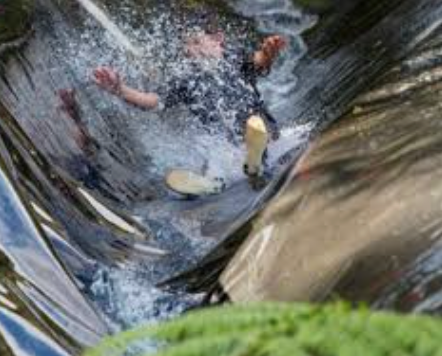
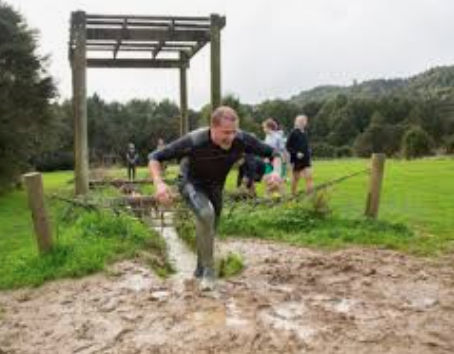
Kia ora 7F1
This week is our long awaited camp. Everyone is really excited. We will have one session of Science this week and then it is off to camp.
Tuesday lesson:
Practical - We will look at gravity and how much we weigh on the different planets.
Have a lovely time at camp!
-



Kia ora 7F2 students. Below you will find this terms Achievement Objectives and the Learning Intention for the next few weeks. I have also outlined what will happen in each session of the week.
Big Idea: “Tūrangawaewae - Where do we stand?” Māori World View
Achievement Objectives
Nature of science
Investigating in science
Build on prior experiences, working together to share and examine their own and others’ knowledge.
Ask questions, find evidence, explore simple models, and carry out appropriate investigations to develop simple explanations.
Planet Earth and beyond
FOCUS / ARONGA learning intentions:
- We are FOCUSING to discuss our understanding of the time cycles of Earth.
- We are FOCUSING to describe the phases of the moon
SUCCESS CRITERIA:
- Explain how the tilt of the Earth causes day and night
- Describe how the tilt of the Earth causes the seasons.
- Understand that poles having very long days and nights.
- Know the difference between Northern and Southern Hemisphere in seasons
Lesson 1:
Youtube clip of day and night
Slide show understanding how day and night are formed
Worksheet
Lesson 2:
Formation of the four seasons
Students act out "How are seasons formed"
Brain-pop
Lesson 3:
Students experiences of living in other hemisphere, or family there
Worksheets
Bbc bitesize
-
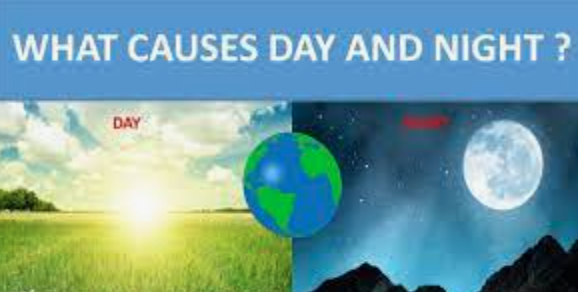


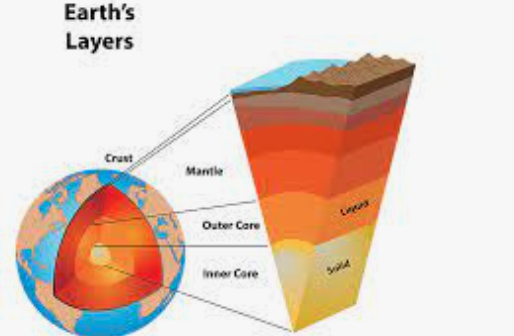
Kia ora 7F1 students. Below you will find this terms Achievement Objectives and the Learning Intention for the next few weeks. I have also outlined what will happen in each session of the week.
Big Idea: “Tūrangawaewae - Where do we stand?” Māori World View
Achievement Objectives
Nature of science
Investigating in science
-
Build on prior experiences, working together to share and examine their own and others’ knowledge.
-
Ask questions, find evidence, explore simple models, and carry out appropriate investigations to develop simple explanations.
Planet Earth and beyond
FOCUS / ARONGA learning intentions:
- We are FOCUSING to discuss our understanding of the time cycles of Earth.
- We are FOCUSING to describe the different layers of the Earth
SUCCESS CRITERIA:
- Explain how the tilt of the Earth causes day and night
- Describe how the tilt of the Earth causes the seasons.
- Understand that poles having very long days and nights.
- Know the difference between Northern and Southern Hemisphere in seasons
- Can name the different layers of the Earth
Lesson 1:
Holiday
Lesson 2:
PPP The layers of the Earth
Label the different layers of the Earth
Lesson 3:
Youtube clip "Layers fo the Earth"
Brain-pop
Worksheet
Education Perfect
-
-

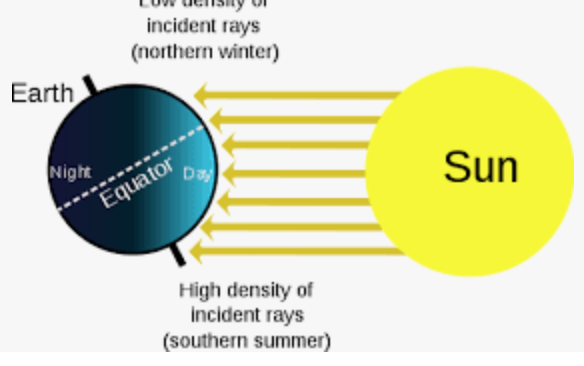


Kia ora 7F1 students. Below you will find this terms Achievement Objectives and the Learning Intention for the next few weeks. I have also outlined what will happen in each session of the week.
Big Idea: “Tūrangawaewae - Where do we stand?” Māori World View
Achievement Objectives
Nature of science
Investigating in science
-
Build on prior experiences, working together to share and examine their own and others’ knowledge.
-
Ask questions, find evidence, explore simple models, and carry out appropriate investigations to develop simple explanations.
Planet Earth and beyond
FOCUS / ARONGA learning intentions:
- We are FOCUSING to discuss our understanding of the time cycles of Earth.
- We are FOCUSING to describe the different layers of the Earth
SUCCESS CRITERIA:
- Explain how the tilt of the Earth causes day and night
- Describe how the tilt of the Earth causes the seasons.
- Understand that poles having very long days and nights.
- Know the difference between Northern and Southern Hemisphere in seasons
- Can name the different layers of the Earth
Lesson 1:
PPP of the atmosphere
Bbc bitesize
Worksheet
Lesson 2:
Practical
Lesson 3:
Kahoot and games
-
-
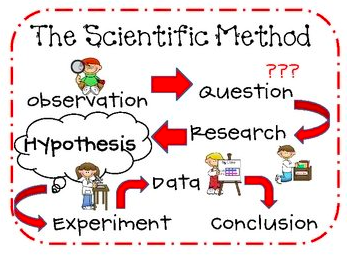
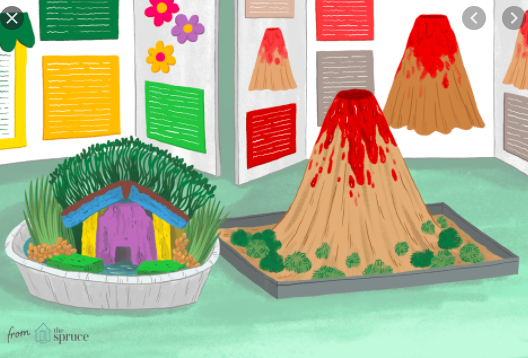
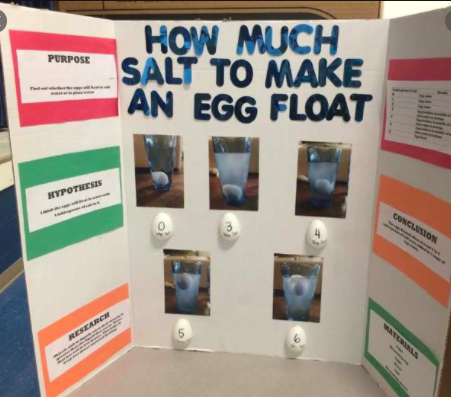
Kia ora 7F1 students. Welcome back to Term 2.
We will be working on our Science Fair Project for the whole of Term 2. This will need to be done at home, in class we will learn about the scientific method. Your Science Fair Project will also be your first assessment in Science this year.
This week please refer to Google Classroom "2020 Science Fair Resource Page" where all the information you need will be found. You need to choose a topic you are interested in and then formulate a question you would like to investigate.
-



Kia ora 7F1 students. Below you will find this terms Achievement Objective and the Learning Intention.
Achievement Objectives
Nature of science
Investigating in science
-
Build on prior experiences, working together to share and examine their own and others’ knowledge.
-
Ask questions, find evidence, explore simple models, and carry out appropriate investigations to develop simple explanations.
EXPLORE / TŪHURA learning intentions:
- We are EXPLORING to define the steps of the scientific method.
- We are EXPLORING use the scientific method to create an investigation.
- We are EXPLORING to conduct a fair test.
SUCCESS CRITERIA
-
I can recall the correct order of what to do when using the scientific method
-
I can describe the importance of a fair test.
-
I can conduct a fair test.
ACTIVITIES
See Google Classroom for all the activities.
Period 1
Ms Brandauer explaining the scientific method.
Youtube 'Scientific method rap".
Think about a question you want to explore and find an idea for your Science fair.
Period 2
Brainpop
Write a mnemonic for the scientific method.
Period 3
Teacher only day
Homework
Education Perfect
-
-



Kia ora 7F1 students. Below you will find this terms Achievement Objective and the Learning Intention.
Achievement Objectives
Nature of science
Investigating in science
-
Build on prior experiences, working together to share and examine their own and others’ knowledge.
-
Ask questions, find evidence, explore simple models, and carry out appropriate investigations to develop simple explanations.
EXPLORE / TŪHURA learning intentions:
- We are EXPLORING to define the steps of the scientific method.
- We are EXPLORING use the scientific method to create an investigation.
- We are EXPLORING to conduct a fair test.
SUCCESS CRITERIA
-
I can recall the correct order of what to do when using the scientific method
I know how to write a hypothesis
I can conduct background research
ACTIVITIES
See Google Classroom for all the activities.
Period 1
Scientific method worksheet
Let Ms Brandauer know what Science Fair Project you are doing
Period 2
Ms Brandauer will give you a experiment and we will together as a group work on our hypothesis and do some background information.
Period 3
Brainpop
Work on your Science Fair Project
Homework
Education Perfect
-
-



Kia ora 7F1 students. Below you will find this terms Achievement Objective and the Learning Intention.
Achievement Objectives
Nature of science
Investigating in science
-
Build on prior experiences, working together to share and examine their own and others’ knowledge.
-
Ask questions, find evidence, explore simple models, and carry out appropriate investigations to develop simple explanations.
EXPLORE / TŪHURA learning intentions:
- We are EXPLORING to define the steps of the scientific method.
- We are EXPLORING use the scientific method to create an investigation.
- We are EXPLORING to conduct a fair test.
SUCCESS CRITERIA
-
I can recall the correct order of what to do when using the scientific method
-
I know how to write a hypothesis
-
I can conduct background research
I can explain what a fair test is
ACTIVITIES
See Google Classroom for all the activities.
Period 1
This period we are testing the balloon powered car you made last week.
Finish writing up our report
Period 2
Ms Brandauer is introducing fair testing.
Work on your Science fair project
Period 3
Education Perfect
Homework
Work on your Science fair project
-
-



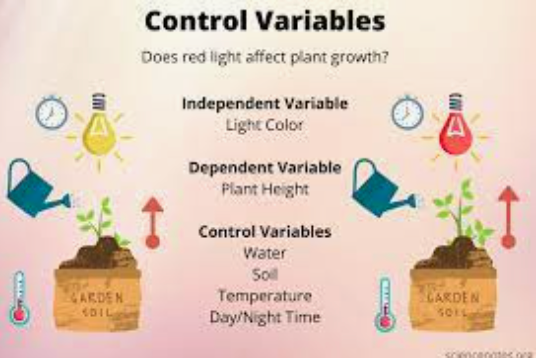
Kia ora 7F1 students. Below you will find this terms Achievement Objective and the Learning Intention.
Achievement Objectives
Nature of science
Investigating in science
-
Build on prior experiences, working together to share and examine their own and others’ knowledge.
-
Ask questions, find evidence, explore simple models, and carry out appropriate investigations to develop simple explanations.
EXPLORE / TŪHURA learning intentions:
- We are EXPLORING to define the steps of the scientific method.
- We are EXPLORING use the scientific method to create an investigation.
- We are EXPLORING to conduct a fair test.
SUCCESS CRITERIA
-
I can recall the correct order of what to do when using the scientific method
-
I know how to write a hypothesis
-
I can conduct background research
-
I can explain what a fair test is
-
I can carry out a fair test
-
I know what a dependent, independent and control variable is
ACTIVITIES
See Google Classroom for all the activities.
Period 1
Analysing our date from the Balloon powered car.
Writing your Conclusion and Discussion with Ms. Brandauer
Period 2
Work on your Science fair project - Write your Aim, Hypothesis and Material list
Period 3
Ms Brandauer is introducing dependent, independent and control variable
-
-



Kia ora 7F1 students. Below you will find this terms Achievement Objective and the Learning Intention.
Achievement Objectives
Nature of science
Investigating in science
-
Build on prior experiences, working together to share and examine their own and others’ knowledge.
-
Ask questions, find evidence, explore simple models, and carry out appropriate investigations to develop simple explanations.
EXPLORE / TŪHURA learning intentions:
- We are EXPLORING to define the steps of the scientific method.
- We are EXPLORING use the scientific method to create an investigation.
- We are EXPLORING to conduct a fair test.
SUCCESS CRITERIA
-
I can explain what a fair test is
-
I can carry out a fair test
-
I know what a dependent, independent and control variable is
ACTIVITIES
See Google Classroom for all the activities.
Period 1
Queens Birthday
Period 2
Teacher only day
Period 3
We are working on identifying the dependent, independent and control variable in the scientific method.
-
-

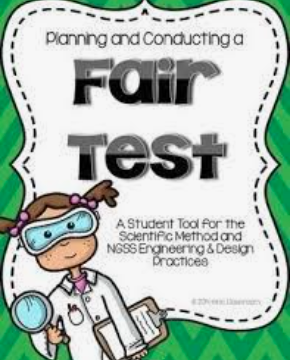

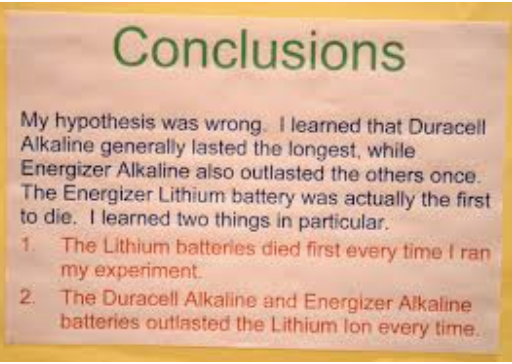
Kia ora 7F1 students. Below you will find this terms Achievement Objective and the Learning Intention.
Achievement Objectives
Nature of science
Investigating in science
-
Build on prior experiences, working together to share and examine their own and others’ knowledge.
-
Ask questions, find evidence, explore simple models, and carry out appropriate investigations to develop simple explanations.
FOCUS / ARONGA learning intentions:
- We are FOCUSING to developing our understand of the difference between a dependent and independent variable
- We are FOCUSING to discuss the results we have received from our data
- We are FOCUSING to write a discussion in a scientific report
SUCCESS CRITERIA
-
I know what a dependent, independent and control variable is
-
I can carry out a fair test
-
I can write a conclusion
-
I know what I need in order to write a good discussion
ACTIVITIES
See Google Classroom for all the activities.
Period 1
Practical - Gather data from our peers.
Period 2
Graph our data and interpret the graph.
Period 3
Write a conclusion.
-
-




Kia ora 7F1 students. Below you will find this terms Achievement Objective and the Learning Intention.
Achievement Objectives
Nature of science
Investigating in science
-
Build on prior experiences, working together to share and examine their own and others’ knowledge.
-
Ask questions, find evidence, explore simple models, and carry out appropriate investigations to develop simple explanations.
FOCUS / ARONGA learning intentions:
- We are FOCUSING to developing our understand of the difference between a dependent and independent variable
- We are FOCUSING to discuss the results we have received from our data
- We are FOCUSING to write a discussion in a scientific report
SUCCESS CRITERIA
-
I know what a dependent, independent and control variable is
-
I can carry out a fair test
-
I can write a conclusion
-
I know what I need in order to write a good discussion
ACTIVITIES
See Google Classroom for all the activities.
Period 1
Finish the conclusion from last week.
By now you would have started your experiment.
Show Ms Brandauer your work you have done so far.
Write your log book on Google Classroom.
Period 2
Ms Brandauer is modelling how to write a 'Discussion' section with the class.
Period 3
Practical - Small stations for students to determine the independent and dependent variable.
-
-
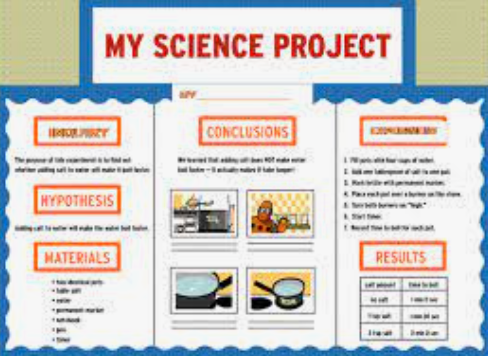



Kia ora 7F1 students. Below you will find this terms Achievement Objective and the Learning Intention.
Achievement Objectives
Nature of science
Investigating in science
-
Build on prior experiences, working together to share and examine their own and others’ knowledge.
-
Ask questions, find evidence, explore simple models, and carry out appropriate investigations to develop simple explanations.
FOCUS / ARONGA learning intentions:
- We are FOCUSING to developing our understand of the difference between a dependent and independent variable
- We are FOCUSING to discuss the results we have received from our data
- We are FOCUSING to write a discussion in a scientific report
- We are FOCUSING to write a application in a scientific report
SUCCESS CRITERIA
-
I know what a dependent, independent and control variable is
-
I can carry out a fair test
-
I can write a conclusion
-
I know what I need in order to write a good discussion
I can write an application section and how my project helps the world.
ACTIVITIES
See Google Classroom for all the activities.
Period 1
Ms Brandauer is modelling how to write a 'Application' section with the class.
Period 2
Variable lessons: Students to find the independent, dependent and control variable.
Period 3
Assessment explanation
-
-

Assessment week!
-


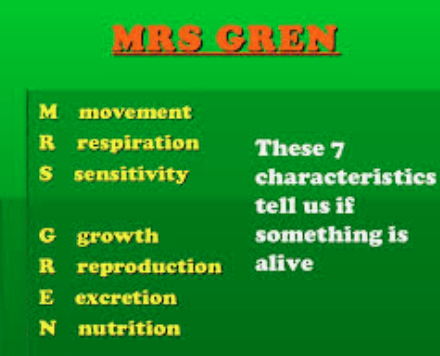
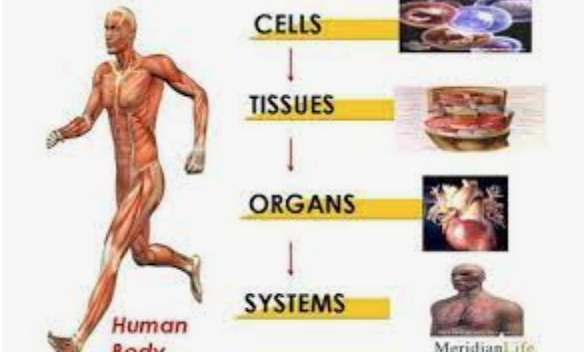
Kia ora 7F1 students. Hope you had a relaxing holidays. Below you will find this terms Achievement Objective and the Learning Intention.
Big Idea: OLYMPICS
ACHIEVEMENT OBJECTIVE
Living world Level 3/4
Life processes
Recognise that there are life processes common to all living things and that these occur in different ways.
Ecology
Explain how living things are suited to their particular habitat and how they respond to environmental changes, both natural and human induced.
EXPLORE / TŪHURA learning intentions:
- We are EXPLORING to classify living or non-living things
- We are EXPLORING to understand the seven steps of MRS GREN
- We are EXPLORING to investigate the make up of our organ systems
SUCCESS CRITERIA
-
I can differentiate between living and non-living things
-
I can say if something is living, dead or never has lived.
-
I can define the term MRS GREN
-
I can describe the seven life processes.
-
I can differentiate cells, tissue, organs, and organ systems.
ACTIVITIES
See Google Classroom for all the activities.
Period 1
Cover page and talk about how the Olympics relate to science.
Period 2
Work on Science Fair Project.
Work on diary entry of your chosen athlete.
Period 3
Work on diary entry of your chosen athlete.
Homework
-




Kia ora 7F1 students. Hope you had a relaxing holidays. Below you will find this terms Achievement Objective and the Learning Intention.
Big Idea: OLYMPICS
ACHIEVEMENT OBJECTIVE
Living world Level 3/4
Life processes
Recognise that there are life processes common to all living things and that these occur in different ways.
Ecology
Explain how living things are suited to their particular habitat and how they respond to environmental changes, both natural and human induced.
EXPLORE / TŪHURA learning intentions:
- We are EXPLORING to classify living or non-living things
- We are EXPLORING to understand the seven steps of MRS GREN
- We are EXPLORING to investigate the make up of our organ systems
SUCCESS CRITERIA
-
I can differentiate between living and non-living things
-
I can say if something is living, dead or never has lived.
-
I can define the term MRS GREN
-
I can describe the seven life processes.
-
I can differentiate cells, tissue, organs, and organ systems.
ACTIVITIES
See Google Classroom for all the activities.
Period 1
Brainstorm on what things are living, non living and have never lived.
PPP on living and non living
Period 2
Living and non living thing group tasks
Worksheets on Google Classroom
Period 3
Find as many living, non living and never lived things around the school
Homework
-




Kia ora 7F1 students. Hope you had a relaxing holidays. Below you will find this terms Achievement Objective and the Learning Intention.
Big Idea: OLYMPICS
ACHIEVEMENT OBJECTIVE
Living world Level 3/4
Life processes
Recognise that there are life processes common to all living things and that these occur in different ways.
Ecology
Explain how living things are suited to their particular habitat and how they respond to environmental changes, both natural and human induced.
EXPLORE / TŪHURA learning intentions:
- We are EXPLORING to classify living or non-living things
- We are EXPLORING to understand the seven steps of MRS GREN
- We are EXPLORING to investigate the makeup of our organ systems
SUCCESS CRITERIA
-
I can differentiate between living and nonliving things
-
I can say if something is living, dead or never has lived.
-
I can define the term MRS GREN
-
I can describe the seven life processes.
-
I can differentiate cells, tissue, organs, and organ systems.
ACTIVITIES
See Google Classroom for all the activities.
Period 1
Introduce and discuss cells, tissue, organs and organ system
Draw a cell and a tissue
Period 2
Teacher only day
Period 3
Write the definition of the keywords in your book
Draw an organ and a organ system
Homework
-
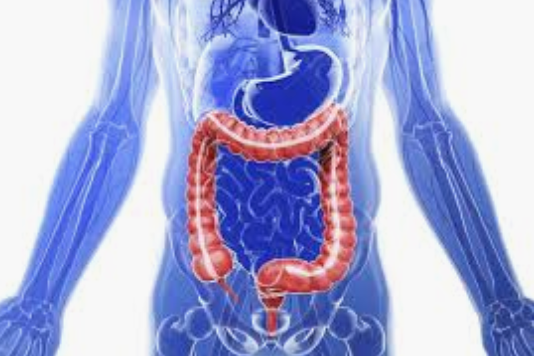
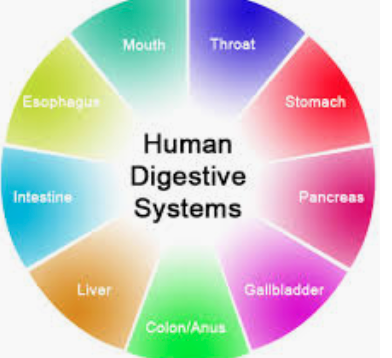

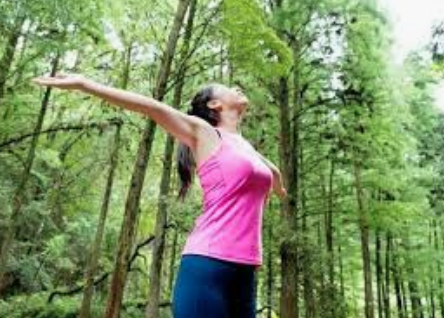
Kia ora 7F1 students.
Welcome back to Term 3. Below you will find this terms Achievement Objective and the Learning Intention.
Big Idea: 'Globe Trotting - The Olympics'.
Achievement Objectives Living world Level 3/4
Life processes
Recognise that there are life processes common to all living things and that these occur in different ways.
EXPLORE / TŪHURA learning intentions:
- We are EXPLORING to investigate the different nutrients in food
- We are EXPLORING to recognise the main food groups and their role in the body
- We are EXPLORING to investigate the function of the digestive system.
SUCCESS CRITERIA
- Know the name of the five food types
- Understand the role of the main food groups in our body
- Able to name the organs of the digestive system
- Describe the function of the digestive system
ACTIVITIES
See Google Classroom for all activities
Lesson 1
Introduction of the five food groups
Teacher led discussion
Lesson 2
Introduction to the diet of an athlete at the Olympics. Gabby Douglas 'Gymnast'.
Keep a food diary: Note down what you have eaten yesterday.
Lesson 3
Food pyramid
Worksheets
HOMEWORK
Unfinished work in school
-
Kia ora 7F1 students
Hope you are all well and safe at home. I have copied the Year 7 Week 5 curriculum focos below for you to have a look at.
All the work for Science this week is on Google Classroom. If you have any questions please email me.

-
Kia ora 7F1
Hope everyone is well. All your work for Science this week is on Google Classroom. If you have any questions please email me.
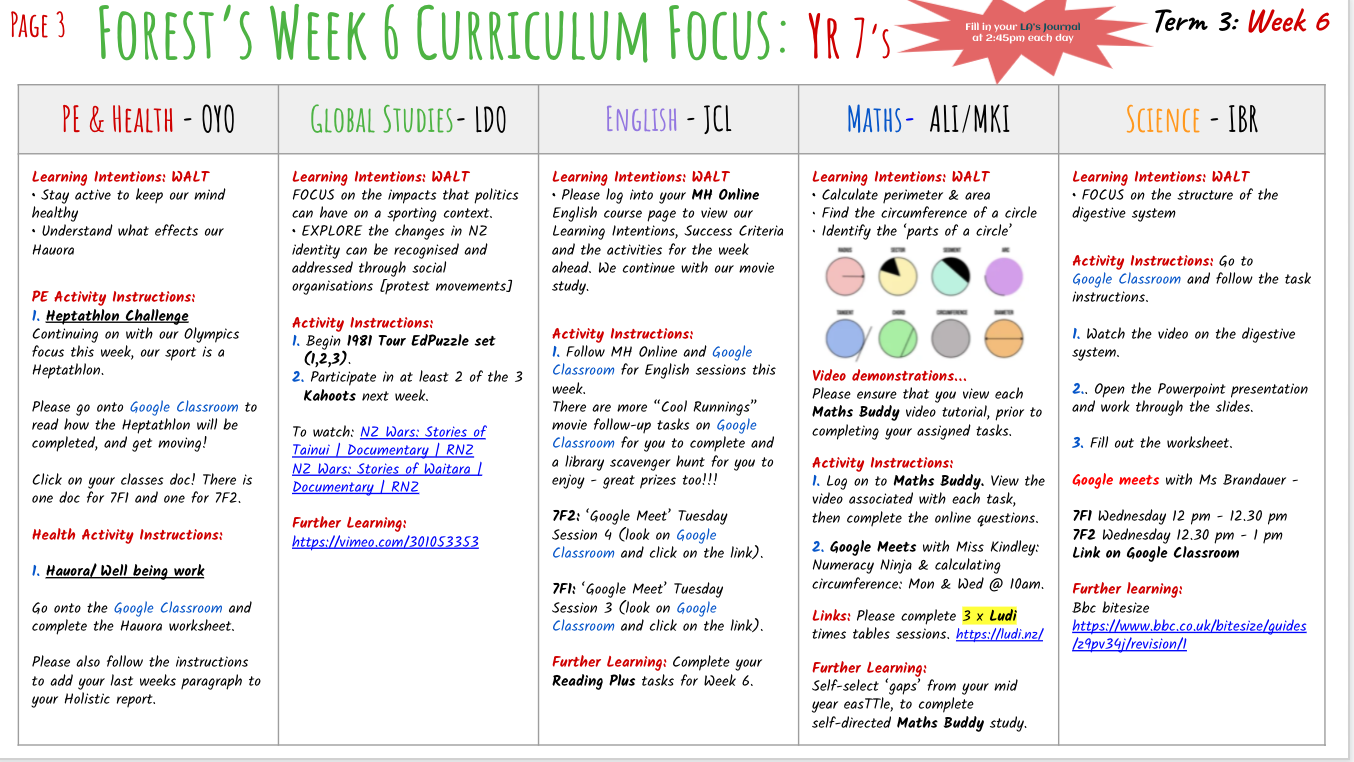
-
Kia ora Year 7 students
This is your work for this week. Please go to Google Classroom and there is all the required information for this weeks work.
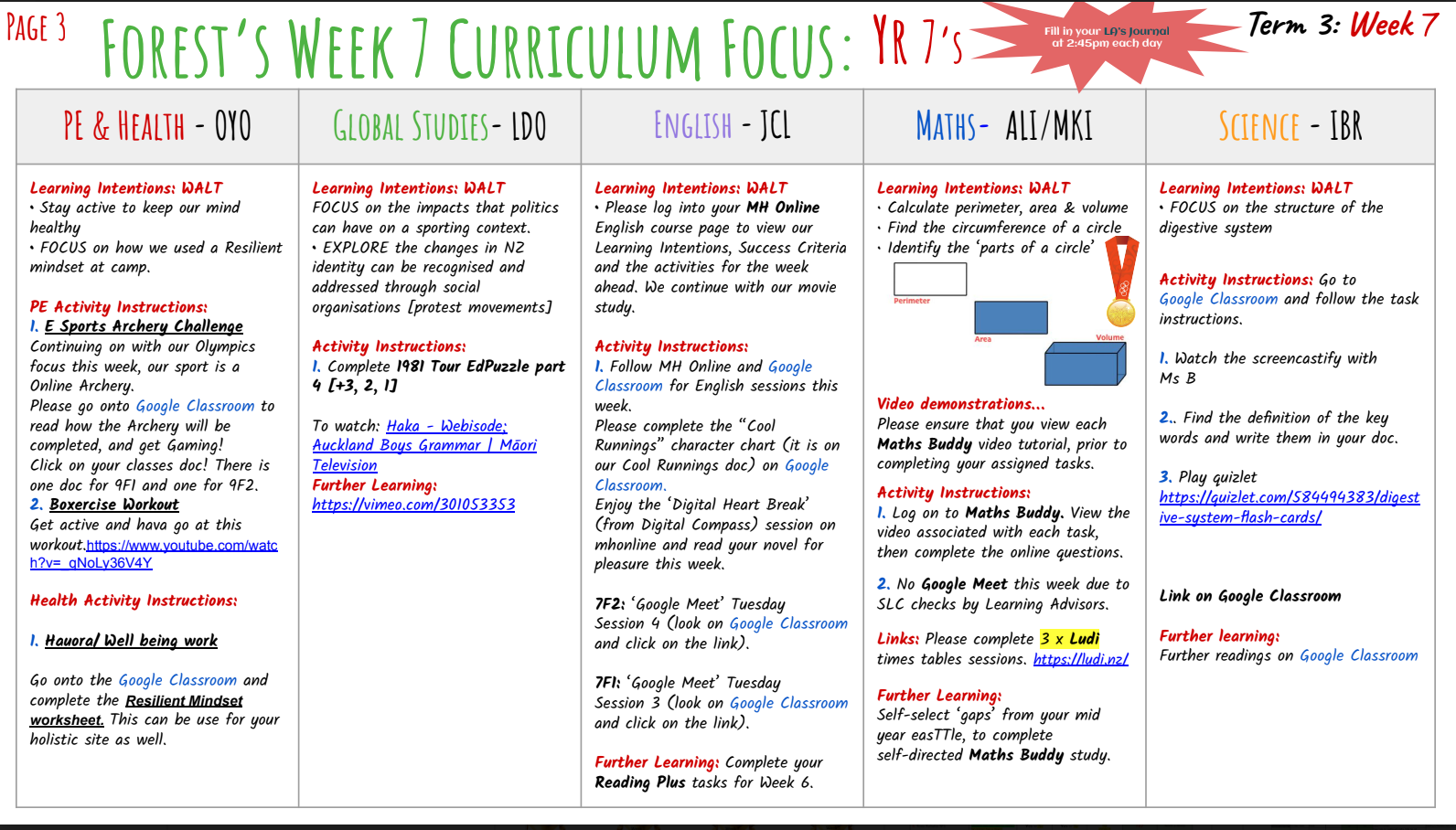
-




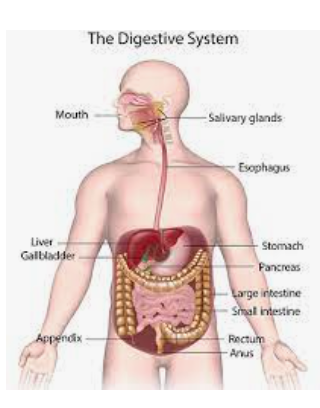
Kia ora 7F1 students. Below you will find this terms Achievement Objective and the Learning Intention.
Big Idea: OLYMPICS
ACHIEVEMENT OBJECTIVE
Living world Level 3/4
Life processes
Recognise that there are life processes common to all living things and that these occur in different ways.
Ecology
• Explain how living things are suited to their particular habitat and how they respond to environmental changes, both natural and human induced.
FOCUS / ARONGA learning intentions:
- are FOCUSING on identifying the different organs in the digestive system.
- are FOCUSING on describing the different functions of the organs in the digestive system.
SUCCESS CRITERIA
name the different organs of the digestive system
explain the function of the different organs in the digestive system.

- are FOCUSING on identifying the different organs in the digestive system.
-





Kia ora 7F1 students. Below you will find this terms Achievement Objective and the Learning Intention.
Big Idea: OLYMPICS
ACHIEVEMENT OBJECTIVE
Living world Level 3/4
Life processes
Recognise that there are life processes common to all living things and that these occur in different ways.
Ecology
• Explain how living things are suited to their particular habitat and how they respond to environmental changes, both natural and human induced.
FOCUS / ARONGA learning intentions:
- are FOCUSING on identifying the different organs in the digestive system.
- are FOCUSING on describing the different functions of the organs in the digestive system.
SUCCESS CRITERIA
-
name the different organs of the digestive system
-
explain the function of the different organs in the digestive system.

- are FOCUSING on identifying the different organs in the digestive system.
-





Kia ora 7F1 students. Below you will find this terms Achievement Objective and the Learning Intention.
Big Idea: OLYMPICS
ACHIEVEMENT OBJECTIVE
Living world Level 3/4
Life processes
Recognise that there are life processes common to all living things and that these occur in different ways.
Ecology
• Explain how living things are suited to their particular habitat and how they respond to environmental changes, both natural and human induced.
FOCUS / ARONGA learning intentions:
- are FOCUSING on identifying the different organs in the digestive system.
- are FOCUSING on describing the different functions of the organs in the digestive system.
SUCCESS CRITERIA
-
name the different organs of the digestive system
-
explain the function of the different organs in the digestive system.

- are FOCUSING on identifying the different organs in the digestive system.
-





Kia ora 7F1 students. Below you will find this terms Achievement Objective and the Learning Intention.
Big Idea: OLYMPICS
ACHIEVEMENT OBJECTIVE
Living world Level 3/4
Life processes
Recognise that there are life processes common to all living things and that these occur in different ways.
Ecology
• Explain how living things are suited to their particular habitat and how they respond to environmental changes, both natural and human induced.
FOCUS / ARONGA learning intentions:
- are FOCUSING on identifying the different organs in the digestive system.
- are FOCUSING on describing the different functions of the organs in the digestive system.
SUCCESS CRITERIA
-
name the different organs of the digestive system
-
explain the function of the different organs in the digestive system.
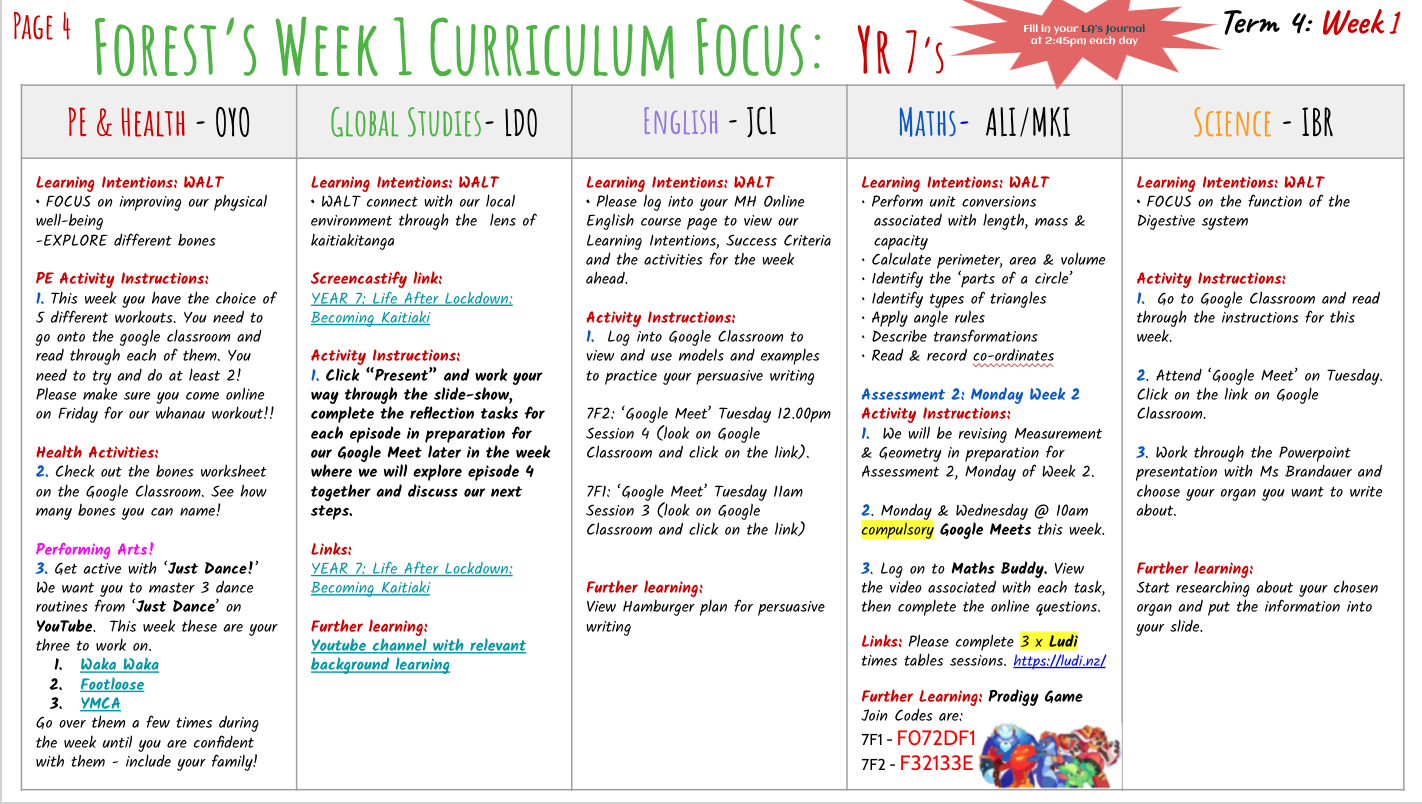
- are FOCUSING on identifying the different organs in the digestive system.
-





Kia ora 7F1 students. Below you will find this terms Achievement Objective and the Learning Intention.
Big Idea: OLYMPICS
ACHIEVEMENT OBJECTIVE
Living world Level 3/4
Life processes
Recognise that there are life processes common to all living things and that these occur in different ways.
Ecology
• Explain how living things are suited to their particular habitat and how they respond to environmental changes, both natural and human induced.
FOCUS / ARONGA learning intentions:
- are FOCUSING on identifying the different organs in the digestive system.
- are FOCUSING on describing the different functions of the organs in the digestive system.
SUCCESS CRITERIA
-
name the different organs of the digestive system
-
explain the function of the different organs in the digestive system.
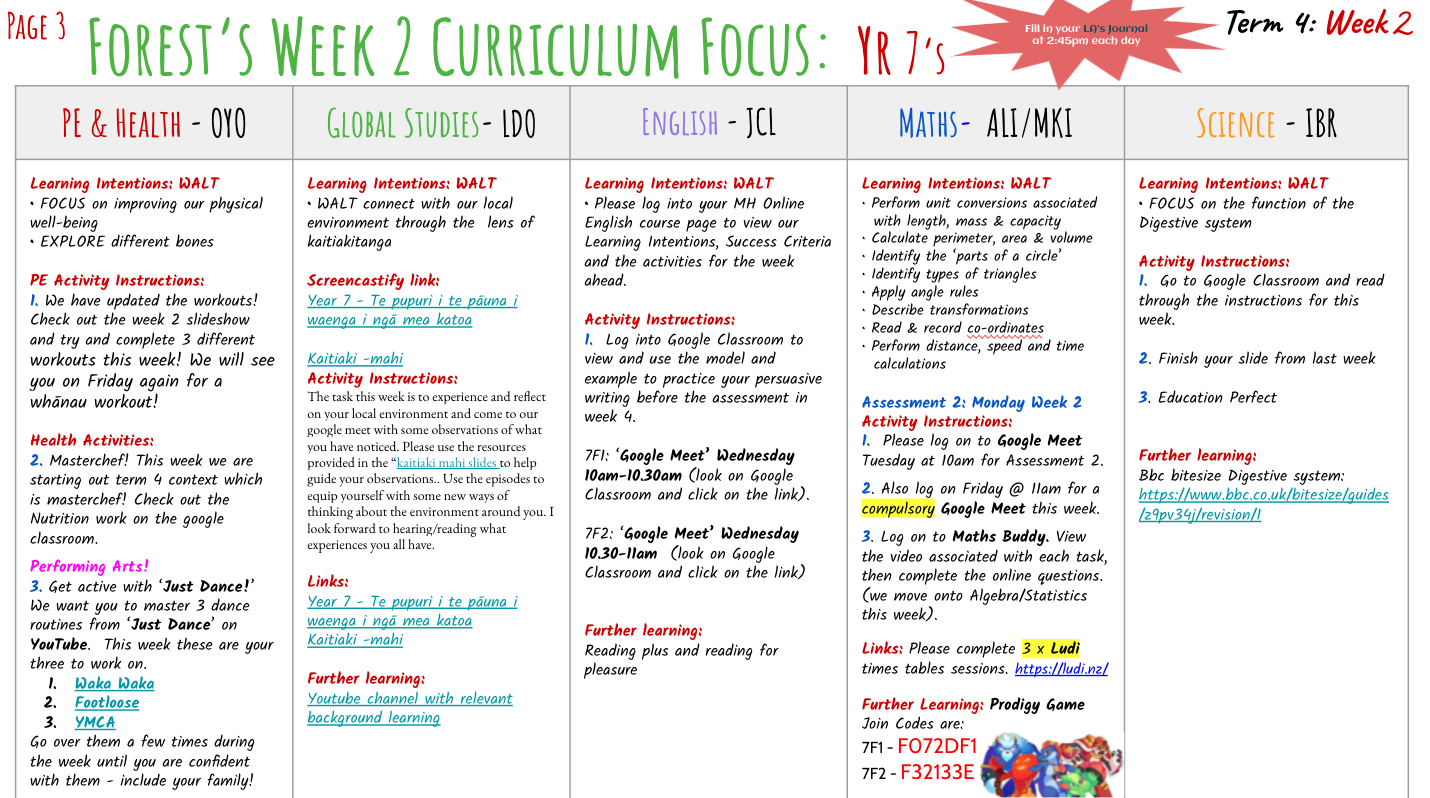
- are FOCUSING on identifying the different organs in the digestive system.
-





Kia ora 7F1 students. This week you will be working on your second assessment for this year. Assessment 2 is all about the digestive system.
MONDAY: You need to attend the Google meet as I will be explaining your assessment. Google meet from 11 - 11.30 am am on Monday. Click on the link on your Classroom page.
The assessment will be in two parts. Part 1 is to fill out all the questions in the assessment. Part 2 is to draw a scientific diagram of the digestive system and to label all the organs.I will explain in detail at the Google meet and will put up the task document on MHOL. You will find your assessment attached below after the Google meet.
Big Idea: OLYMPICS
ACHIEVEMENT OBJECTIVE
Living world Level 3/4
Life processes
Recognise that there are life processes common to all living things and that these occur in different ways.
PLAN & DO / WHAKAMAHI learning intentions:
- We are PLANNING to draw the digestive system so that we can demonstrate our understanding of the journey food takes through our digestive system.
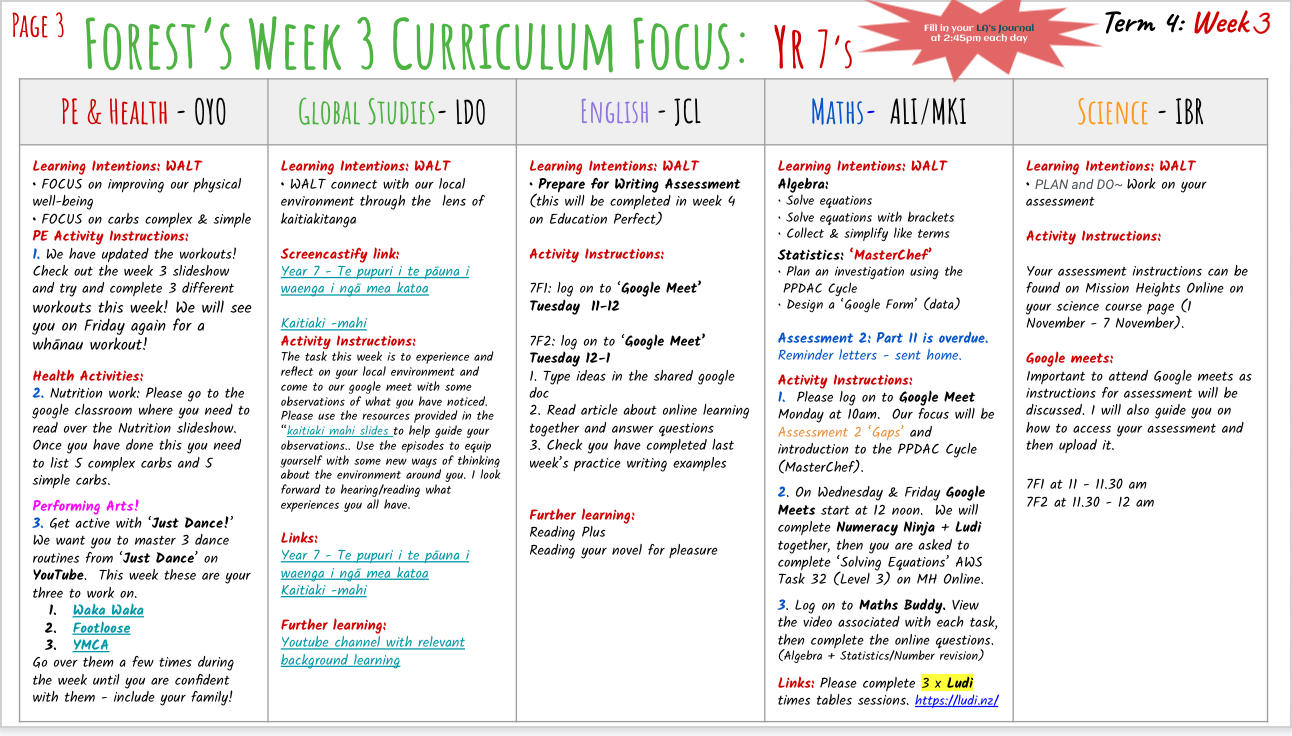
-
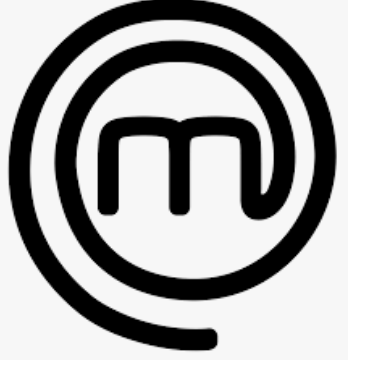


Kia ora 7F1 students. Below you will find this terms Achievement Objective and the Learning Intention.
Big Idea: Masterchef
ACHIEVEMENT OBJECTIVE
Living world Level 3/4
Life processes
- Recognise that there are life processes common to all living things and that these occur in different ways.
EXPLORE / TŪHURA learning intentions:
- We are EXPLORING to understand the reason for preserving food.
SUCCESS CRITERIA:
- Name different ways of preserving food.
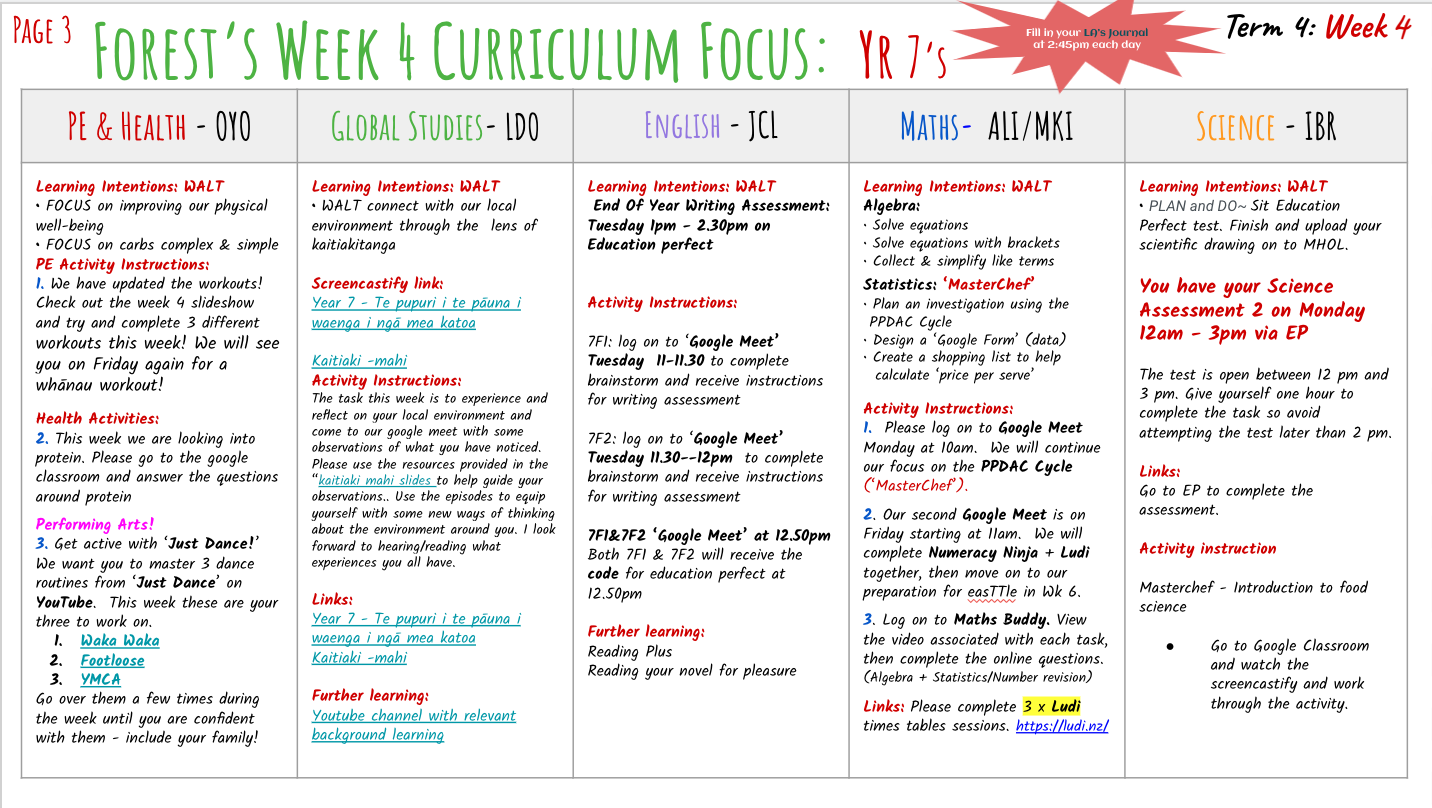
-

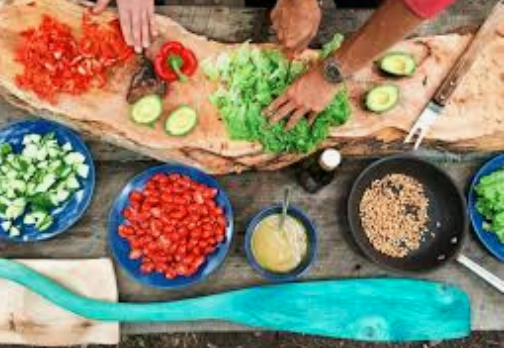

Big Idea: Masterchef
ACHIEVEMENT OBJECTIVE
Living world Level 3/4
Life processes
- Recognise that there are life processes common to all living things and that these occur in different ways.
EXPLORE / TŪHURA learning intentions:
- We are EXPLORING to understand the reason for preserving food.
SUCCESS CRITERIA:
- Name different ways of preserving food.
p dir="ltr" style="text-align: left;">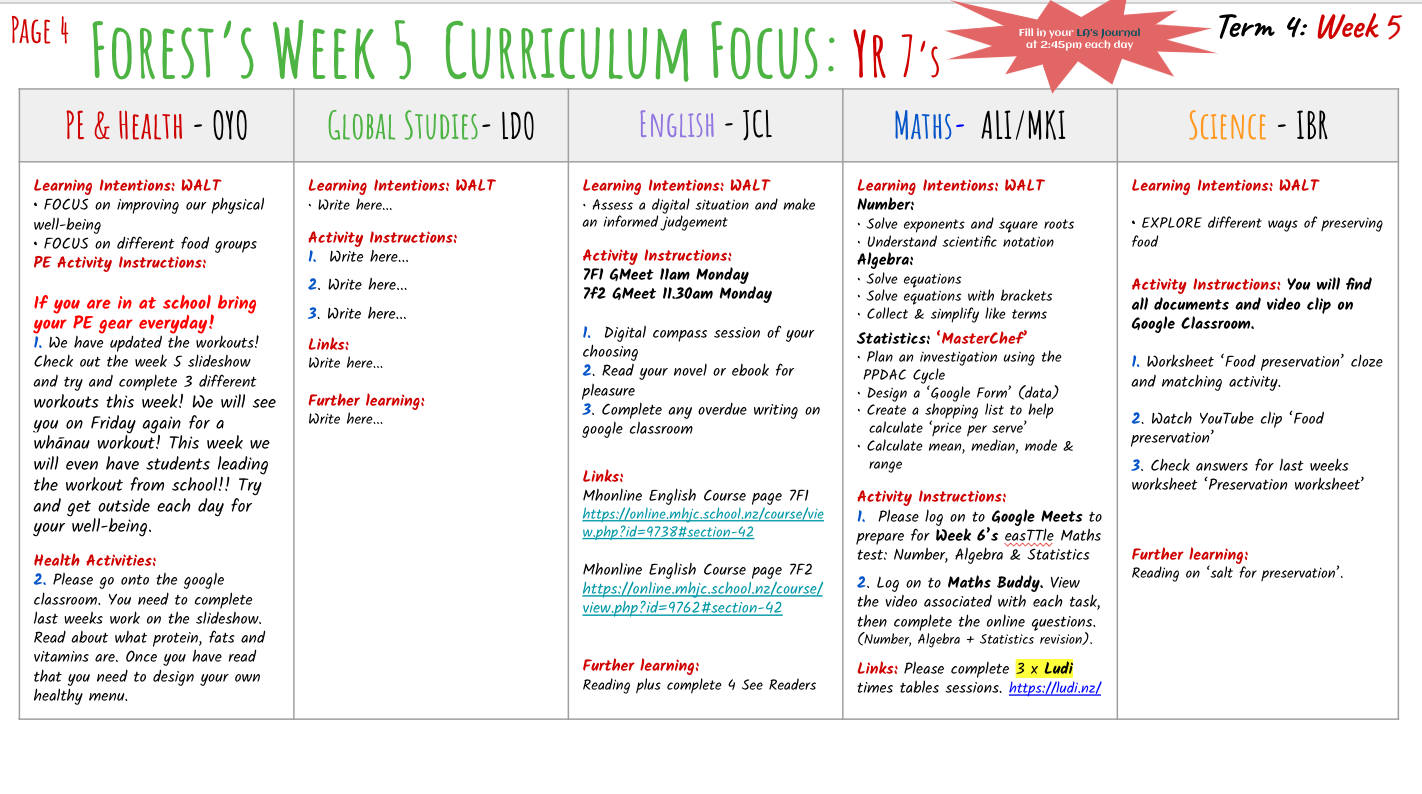
-



Kia ora 7F1 students. Below you will find this terms Achievement Objective and the Learning Intention.
ASSESSMENT 2:
MONDAY: Education Perfect assessment is open from 12 pm - 3 pm. You will have one hour to complete the test.
Upload your scientific drawing of the digestive system today before 6 pm.
Big Idea: Masterchef
ACHIEVEMENT OBJECTIVE
Living world Level 3/4
Life processes
- Recognise that there are life processes common to all living things and that these occur in different ways.
EXPLORE / TŪHURA learning intentions:
- We are EXPLORING to understand the reason for preserving food.
- We are EXPLORING the importance of keeping food cold.
SUCCESS CRITERIA:
- Name different ways of preserving food.
- Name the benefits of keeping food cold.
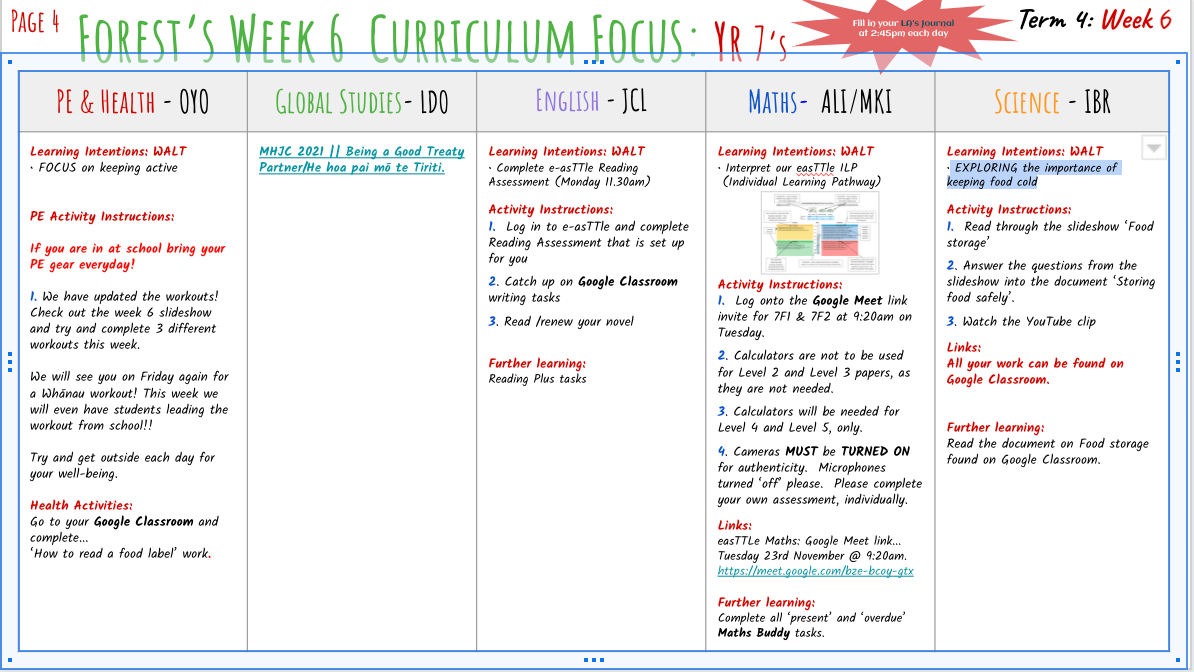
-



Kia ora 7F1 students. Below you will find this terms Achievement Objective and the Learning Intention.
Big Idea: Masterchef
ACHIEVEMENT OBJECTIVE
Living world Level 3/4
Life process
- Recognise that there are life processes common to all living things and that these occur in different ways.
EXPLORE / TŪHURA learning intentions:
- We are EXPLORING to understand the reason for preserving food.
- We are EXPLORING the importance of keeping food cold.
- We are FOCUSING to how to store food safely.
SUCCESS CRITERIA:
- Name different ways of preserving food.
- Name the benefits of keeping food cold.
- Understand sell by, use by and best before dates
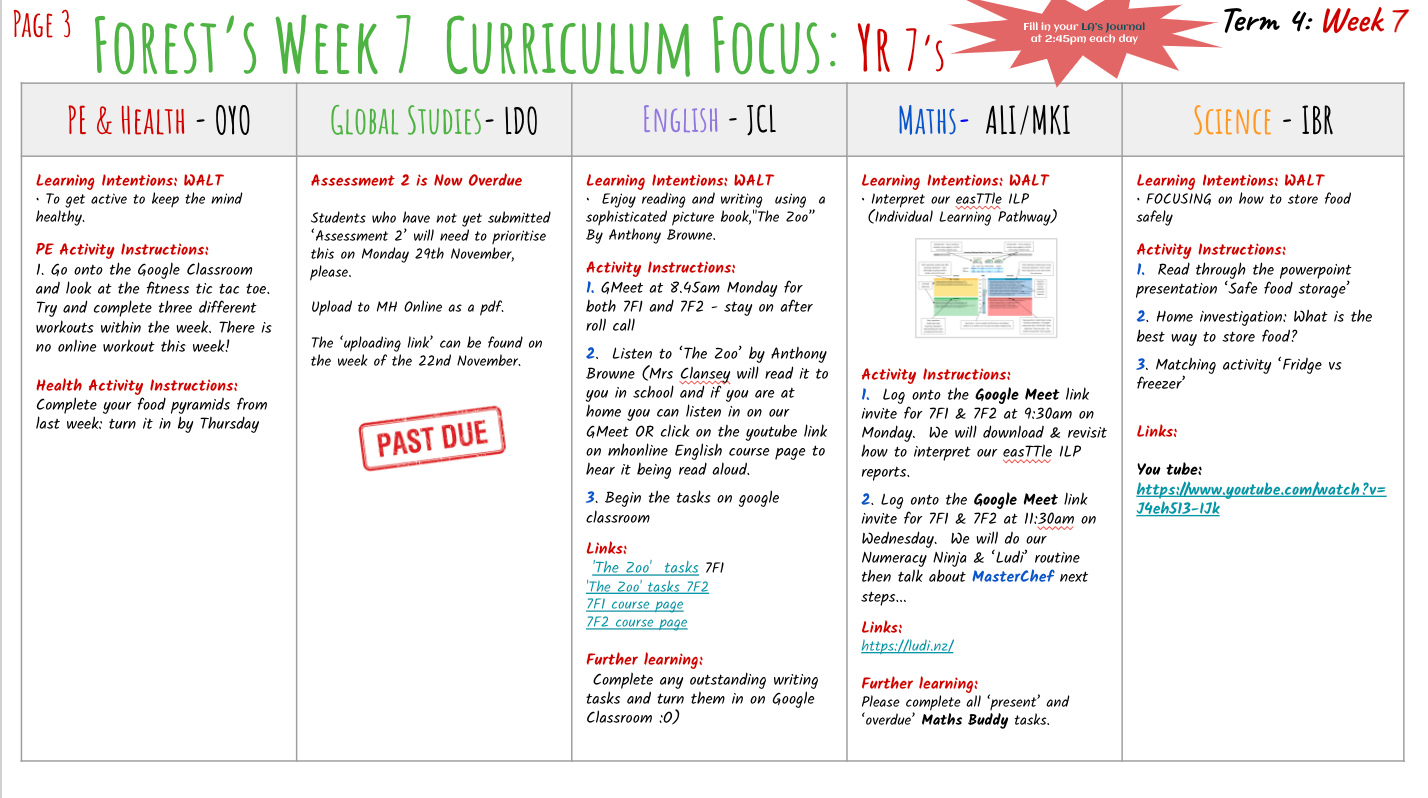
-



Kia ora 7F1 students. Below you will find this terms Achievement Objective and the Learning Intention.
Big Idea: Masterchef
ACHIEVEMENT OBJECTIVE
Living world Level 3/4
Life process
- Recognise that there are life processes common to all living things and that these occur in different ways.
FOCUS / ARONGA learning intentions:
- We are FOCUSING to identify that bacteria is a type of microbe.
SUCCESS CRITERIA:
- Understand that bacteria is a microbe







